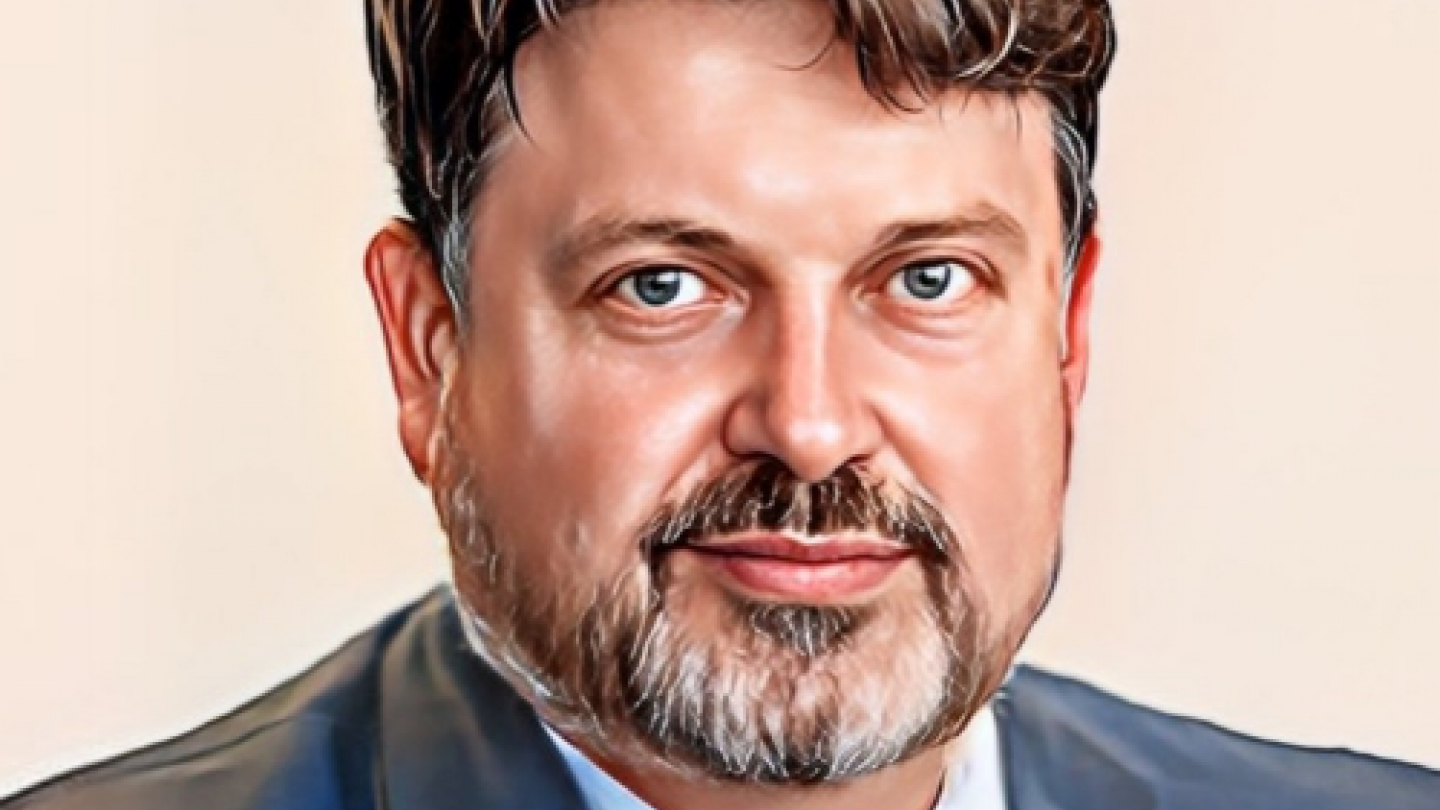Han Dieperink is chief investment officer at Auréus Vermogensbeheer. Earlier in his career, he was chief investment officer at Rabobank and Schretlen & Co.

Han Dieperink: alternatives for energy
European gas and electricity prices break records almost daily. The effect of energy on an economy is often underestimated. Almost all economic activity consists of energy, but in a different form.
No dollar, no crypto, but the e-yuan
The value of a currency is based on trust. The Russian sanctions have not helped the status of Western currencies. Yet crypto currencies also have difficulty escaping Western sanctions. The digital currency issued by China’s central bank, also known as the e-yuan, is succeeding. It may gradually gain market share from the dollar.
Forty years of the bull market
Forty years ago this week the bull market started in the United States. Not just any bull market, but the biggest bull market ever. Despite the crash of 1987, the dotcom graveyard, the attacks of 11 September 2001, the Great Financial Crisis and the Covid pandemic, this bull market continued to rise, fuelled by structurally falling interest rates, higher valuations and sharply rising profits.
The Dow Jones bottomed forty years ago on 12 August 1982 at 777 points, the same level as in January 1964.
The pitfall of inflation forecasting
Three things come into play when forecasting future inflation. First of all, the difference between supply and demand. At macro-economic level, an estimate is often made of the output gap, or the tightness of the labour market. In addition, the current inflation level also plays a role. Inflation is reasonably inert, well-anchored and responds slowly to changes. It takes time for a different inflation level to sink in with consumers and producers.
The end of the euro is nigh
For the first time since 2002, the euro trades at parity with the dollar. In the summer of 2008, one euro was worth as much as 1.6 dollars. But with the eurozone on the front line in the war in Ukraine and the ECB simultaneously cautious about raising interest rates because of fragmentation risks, the euro seems to have only one way to go and that is down. The rapid decline of the euro is a harbinger of the next euro crisis.
Disruptive innovation: the iPhone as game changer for investors
Fifteen years ago, I bought my first iPhone in Denver, Colorado. Not entirely coincidentally, I was on holiday in the US. I did not have to queue up, but walked into the Apple store in the afternoon. The iPhones with 4 and 8 Gb flash memory were sold out, but the one with 16 Gb was still for sale.
Grow to fight climate crisis
More economic growth means more population growth, according to Thomas Malthus. The demographer and preacher believed that food production is linear and population growth exponential, and as such are the limits to growth. An overpopulated society leads to famines. Epidemics and wars were insufficient to control the growing population, according to Malthus.
What can stop the Fed?
The Federal Reserve is doing something else than what it says it is doing. At last week’s FOMC meeting, Fed chief Jerome Powell said that “the committee is not trying to cause a recession”. Yet it is clear that the Fed is directly linking a recession to lower inflation risks and that the Fed does want to fight inflation.
A brave new world for investors
In the autumn of 1997, both in Europe and the United States, the ten-year interest rate fell towards 5 per cent. This was caused by the Asia crisis, which caused prices to fall worldwide. Falling interest rates and falling share prices were an unusual combination at the time.
Han Dieperink: equity market may fall further
Since 1926, the S&P 500 index has fallen by more than 20 percent fifteen times. On average, the index fell 34 percent in seventeen months during such a period. As many as eleven of the fifteen times the market paused somewhere between 15 and 20 percent price decline, just as it is doing now.
Then some of the earlier losses were made up for. On that basis alone, there is a good chance that the fall will continue.